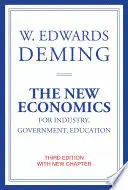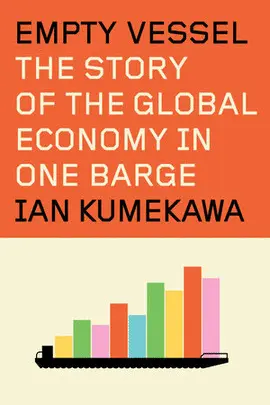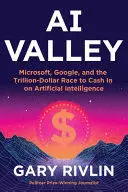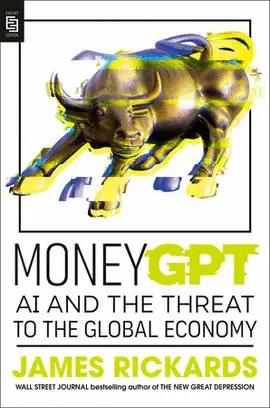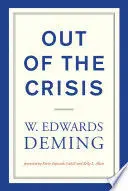u003cpu003eu003cbu003eA new edition of a book that details the system of transformation underlying the 14 Points for Management presented in Deming's u003ciu003eOut of the Crisisu003c/iu003e.u003c/bu003eu003c/pu003eu003cpu003eIt would be better if everyone would work together as a system, with the aim for everybody to win. What we need is cooperation and transformation to a new style of management.u003cbru003efrom u003ciu003eThe New Economics for Industry, Government, Educationu003c/iu003eu003c/pu003eu003cpu003eIn this book, W. Edwards Deming details the system of transformation that underlies the 14 Points for Management presented in u003ciu003eOut of the Crisisu003c/iu003e. The Deming System of Profound Knowledge, as it is called, consists of four parts: appreciation for a system, knowledge about variation, theory of knowledge, and psychology. Describing the prevailing management style as a prison, Deming shows applying the System of Profound Knowledge increases productivity, quality, and people's joy in work and joy in learning. Another outcome is short-term and long-term success in the market. Indicative of Deming's philosophy is his advice to abolish performance reviews on the job, to look deeper than spreadsheets for opportunities, and even to rethink how we teach and manage our schools. Moreover, Deming's method enables organizations to make accurate predictions, which is a valuable tool in today's uncertain economic climate.u003c/pu003eu003cpu003eThis third edition features a new chapter (written by business consultant and Deming expert Kelly L. Allan) that explains the relevance of Deming's management method, and case studies from organizations that have adopted Deming's System of Profound Knowledge, and offers guidance on how organizations can effectively do Deming.u003c/pu003e


